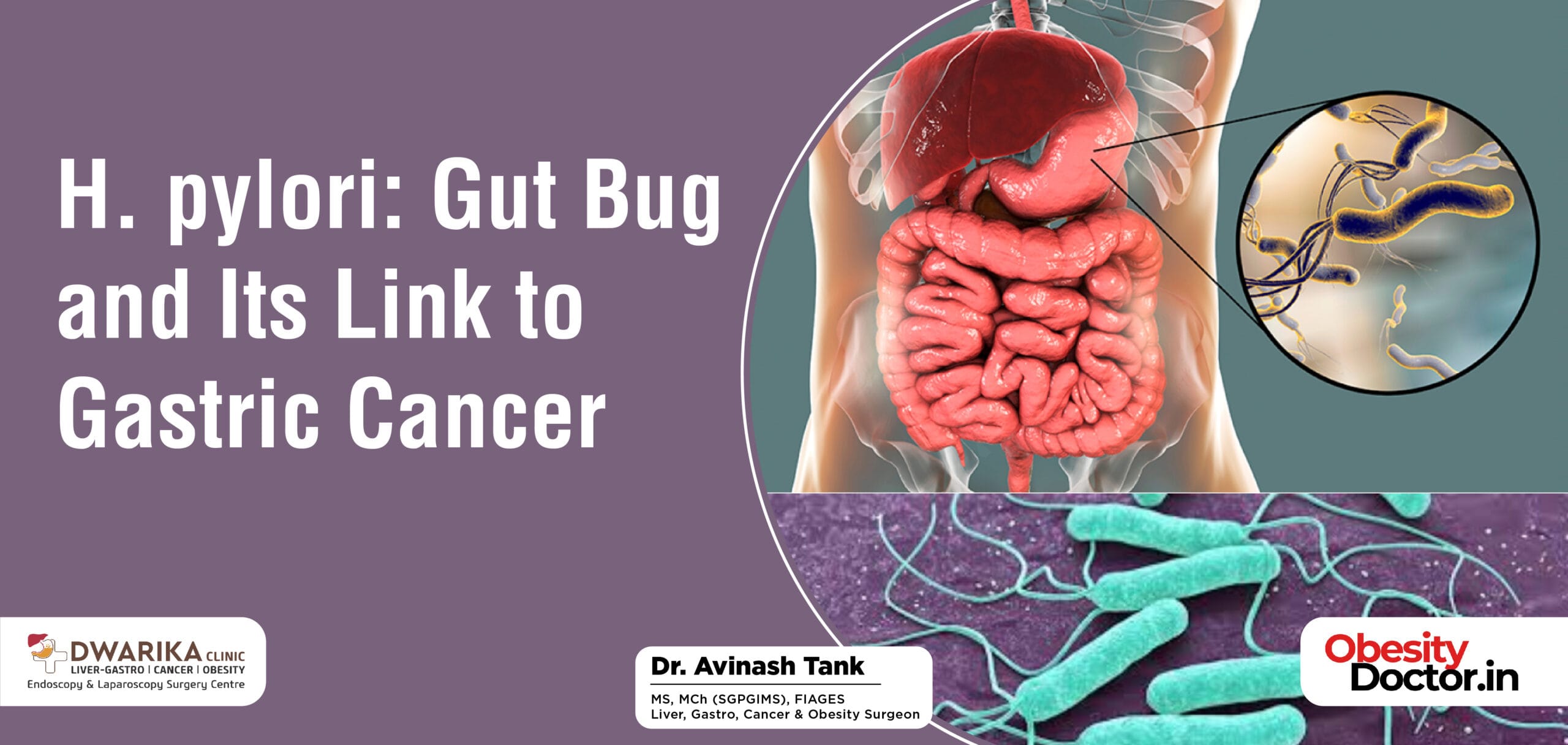
H. pylori: Gut Bug and Its Link to Gastric Cancer. Helicobacter pylori (H. pylori), a spiral-shaped bacterium, has taken up residence in the stomachs of over half of the world’s population for millennia.
While it often goes unnoticed, chronic H. pylori infection can lead to serious health problems, including gastric cancer.
This blog delves into the global prevalence of H. pylori, its impact on gastric cancer risk, and strategies for prevention and treatment.
A Widespread Tenant:
Imagine billions of tiny tenants quietly residing in your stomach. That’s the reality for over 50% of adults and children worldwide who harbor H. pylori.
This bacterium has adapted to survive the harsh acidic environment of the stomach, where it can persist for decades.
From Guest to Menace:
While most H. pylori infections cause no immediate symptoms, long-term colonization can trigger inflammation in the stomach lining.
This chronic inflammation, known as gastritis, can lead to ulcers and even stomach cancer in some individuals.
Global Prevalence on the Decline, But Still Significant:
This recent study analyzed data from over 110 countries, revealing a decline in H. pylori prevalence in adults from 52.6% before 1990 to 43.9% between 2015 and 2022.
This decline is likely due to improvements in sanitation, hygiene, and antibiotic use.
However, the prevalence remains high in children and adolescents (35.1%), highlighting the need for targeted interventions in younger populations.
Uneven Decline Across Age Groups and Regions:
The study identified regional disparities in the decline. While adults in the Western Pacific, Southeast Asian, and African regions saw significant reductions, children and adolescents in all regions showed no significant change.
This suggests the need for tailored approaches to address H. pylori in different populations and age groups.
The Gastric Cancer Connection:
H. pylori is classified as a class I carcinogen by the World Health Organization, meaning it’s directly linked to increased risk of gastric cancer, the third most common cause of cancer-related deaths globally.
Studies have shown that individuals with H. pylori infection are several times more likely to develop gastric cancer compared to those without the infection.
A Declining Trend, But Not Everywhere:
The good news is that the global prevalence of H. pylori has been declining over the past few decades, likely due to improved sanitation, hygiene practices, and antibiotic use.
However, this decline is primarily observed in adults, with children and adolescents still exhibiting concerningly high infection rates.
Combating the Threat:
Fortunately, H. pylori infection is highly treatable with a combination of antibiotics and other medications.
Early diagnosis and treatment are crucial to prevent the development of serious complications like gastric cancer.
Prevention is Key:
While treatment is effective, preventing H. pylori infection in the first place is ideal. Practicing good hygiene, including frequent handwashing and proper food handling, can significantly reduce the risk of transmission.
Additionally, ensuring access to clean water and sanitation facilities remains crucial in regions with high infection rates.
The Future of H. pylori:
While the declining prevalence of H. pylori is encouraging, continued efforts are needed to address the persistent infection rates in children and adolescents, particularly in developing countries.
Further research is also essential to fully understand the complex relationship between H. pylori and gastric cancer, and to refine prevention and treatment strategies.H. pylori: Gut Bug and Its Link to Gastric Cancer
Remember, this blog provides general information and is not a substitute for professional medical advice. Always consult your doctor for personalized guidance on H. pylori testing, treatment, and prevention strategies.
